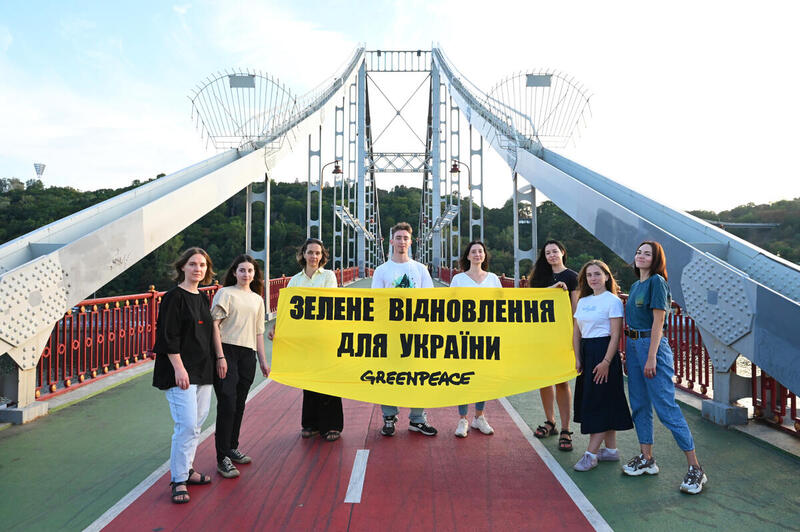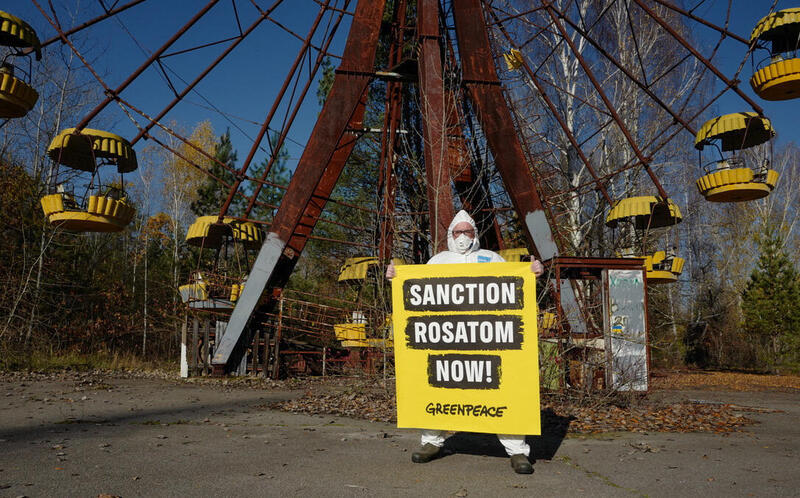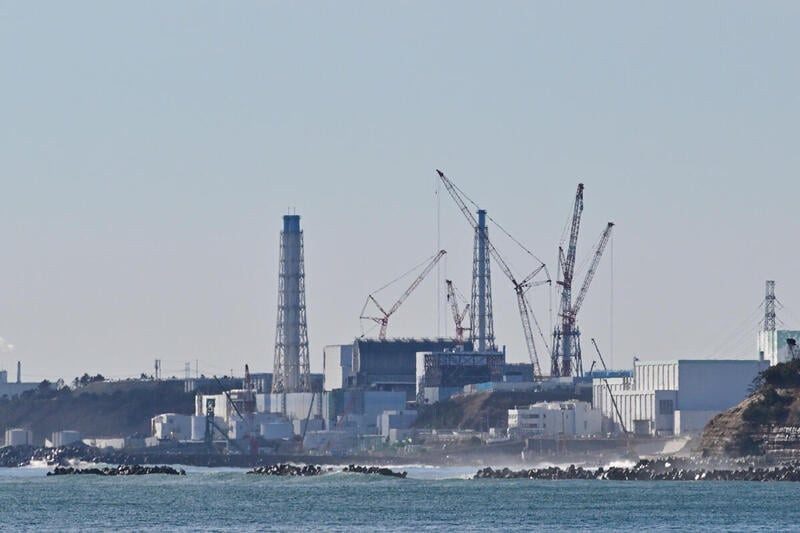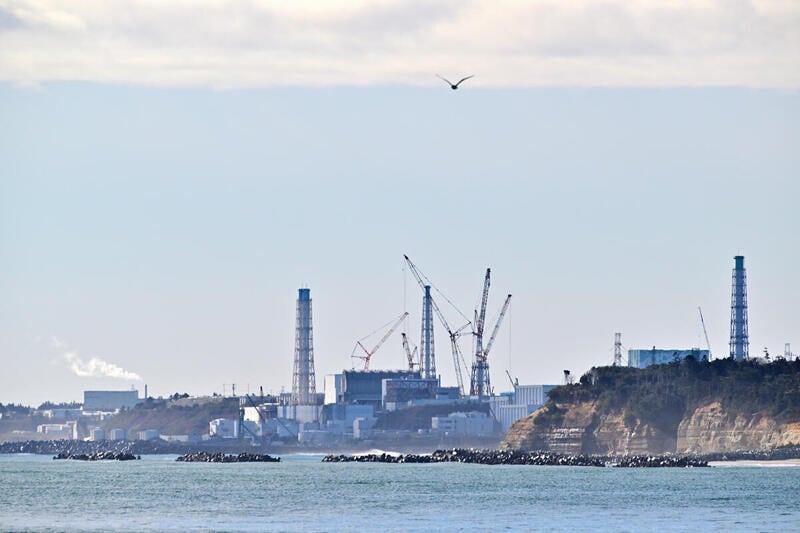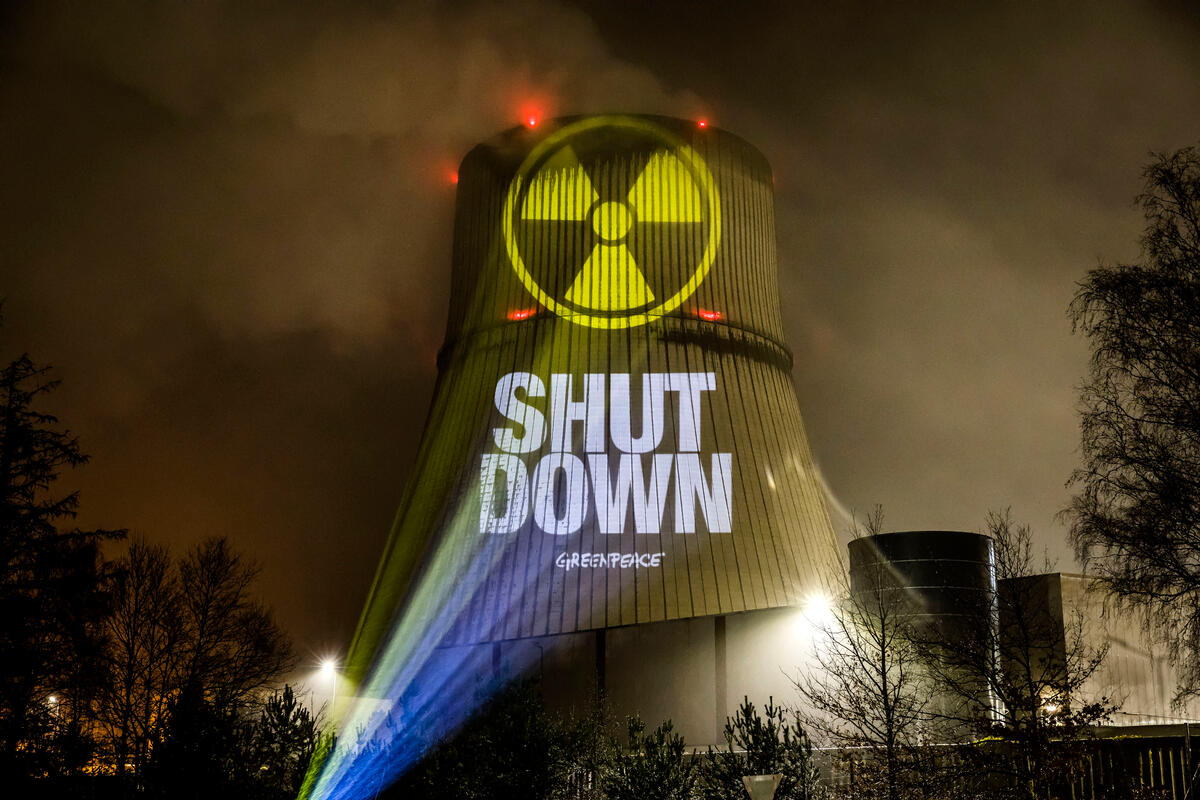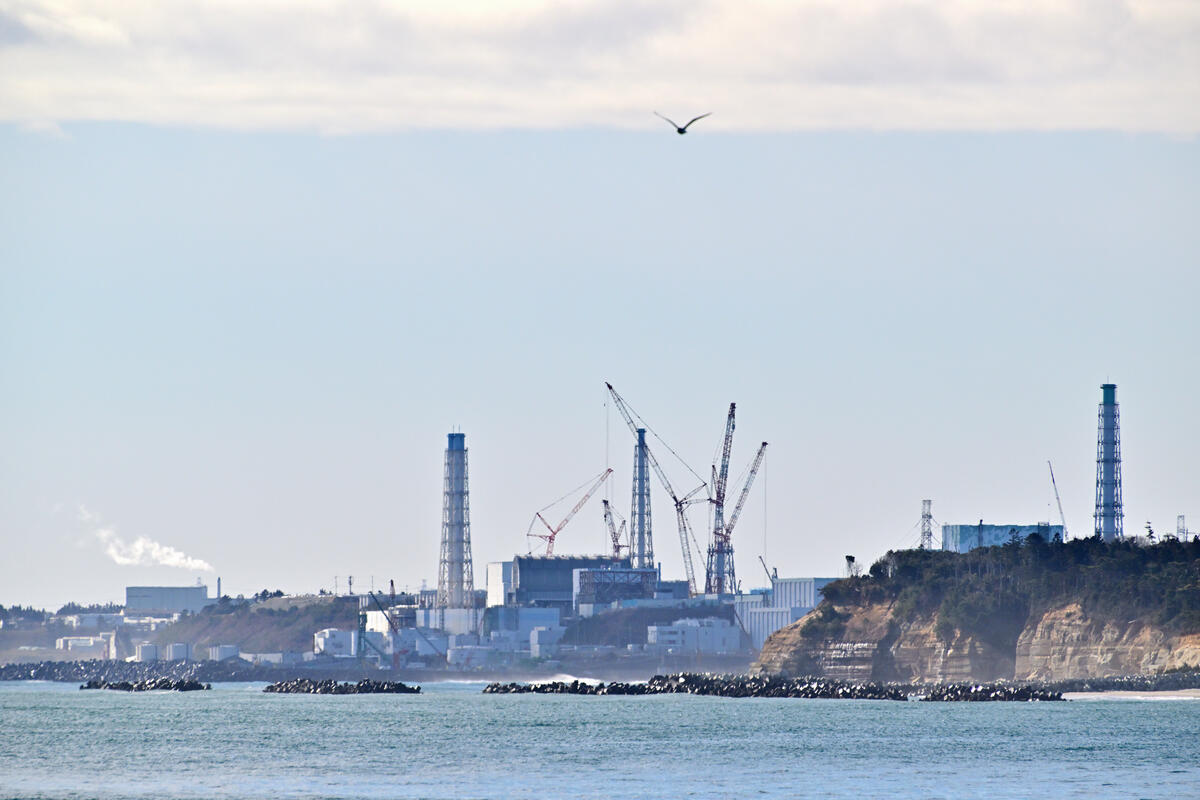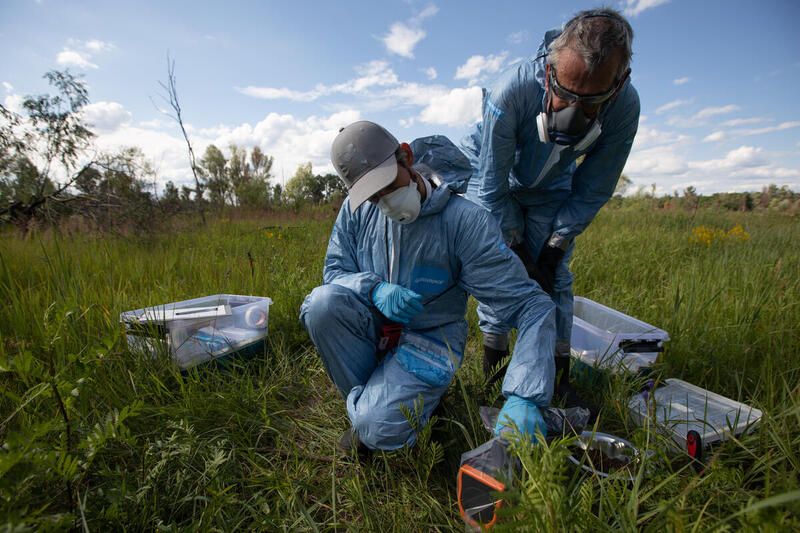All articles
-
Grim nuclear anniversary: Zaporizhzhia must not repeat Chornobyl
Chornobyl is one of the most recognised synonyms for disaster in the world. Its legacy is a universal reminder of the horrific consequences of nuclear power when things goes wrong. But with Russian military and government presence at the Zaporizhzhia nuclear power plant, history risks repeating itself.
-
Japan announces date for Fukushima radioactive water release
Greenpeace Japan criticises the Japanese government's announcement of the start date for radioactive water discharges from the Fukushima Daiichi nuclear station into the Pacific Ocean.
-
Barbie vs Oppenheimer: two diametrically opposed universes that remind us of two existential threats
“Barbenheimer” is probably the film event of the year. For the Greenpeace community, these two films echo past and present campaigns against very real existential threats: deforestation, plastic pollution and nuclear annihilation.
-
A heating world can’t afford a cold war
We are at a critical juncture where the focus should be on strengthening multilateralism for peace and climate, rather than promoting false solutions and profit mongering. The increase in nuclear weapons does not make our world safer and cannot address today’s challenges, quite the contrary.
-
Tschüss, Atomkraft: the end of nuclear power in Germany
After decades of protests, the era of nuclear power in Germany has ended. Roland Hipp, Managing Director of Greenpeace Germany, looks back - and with joy into the future.
-
12 years after the Fukushima nuclear disaster: Reintroduction of nuclear power as a burden on the future
Today marks the 12th anniversary of the Great East Japan Earthquake and the Fukushima Daiichi nuclear disaster, both of which inflicted immeasurable damage on Japan.
-
Greenpeace investigation challenges nuclear agency on Chornobyl radiation levels
Radiation levels in areas where Russian military operations occurred were found to be at least three times higher than the estimation by the International Atomic Energy Agency (IAEA).


